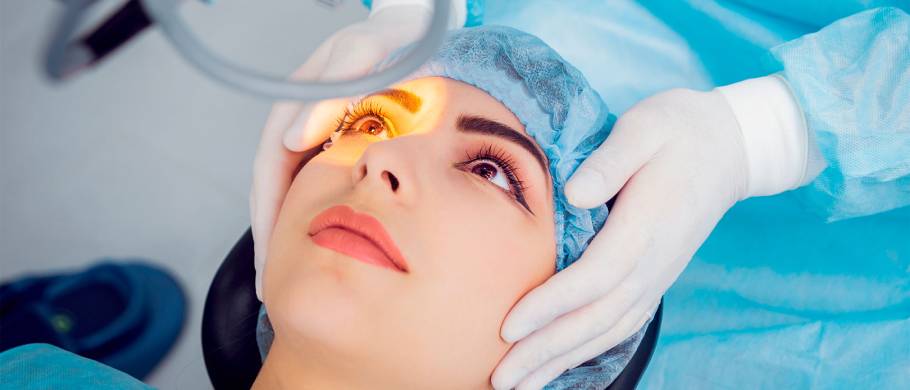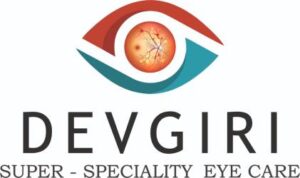What is Retina?
The retina is like the film of the camera which sends the image to the brain for processing. A damaged retina can lead to significant visual disturbances many of which may become permanent if not treated in time. The retinal diseases are some of the most common causes of a permanent loss of vision in many patients, if not treated on time.
There are four main types of disorders which are related to the retina:

- Diabetic Retinopathy: It is one of the most common issues associated with people having diabetes. In Diabetic Retinopathy disease, the high blood sugar levels cause damage to the blood vessels of the retina and damage it. In the advanced stages, it can lead to blindness.
- Retinopathy Of Prematurity: RoP is mainly caused due to the retinal blood vessels developing abnormally and affects prematurely born babies. It can also lead to retinal detachment and blindness.
- Age-Related Macular Degeneration: The damage of Macula can cause AMD which can lead to a permanent vision loss.
- Retinal Detachment: It is mainly the detachment of the retina from the layer underneath. If it is not taken care of properly, there is a chance of a permanent vision loss.
Fluorescein Angiography is one of the most common tests that are done to identify the problems which can cause permanent blindness due to the disorders of the Retina.
Symptoms of retinal disease:
Many retinal diseases and conditions present with similar signs and symptoms, such as:
- Seeing floaters or flashes of light
- Blurred or distorted vision
- Blind spots in central vision
- Reduced vision
Who is at risk of developing the retinal disease?
Certain factors may increase your risk of developing a retinal disease, such as:
- Age
- Obesity
- Diabetes
- Smoking
- Eye trauma
- Family history
Causes of Retinal Disease:
Three main causes and forms of retinal detachment include:
- Rhegmatogenous: This is the most common form— occurring as a result of a retinal tear. It may be caused by aging, or because of an eye injury, surgery, or nearsightedness.
- Tractional: This typically occurs with diabetes, when blood vessels in the back of the eye become damaged and form scar tissue. This scar tissue pulls on the retina and leads to a detachment of the retinal tissue.
- Exudative: This occurs when fluid builds up behind your retina and pushes the retina away from the tissue attached to it from behind. It typically occurs as a result of age-related macular degeneration, injury, or retinal swelling.
A retinal detachment may be treated through laser treatments, surgery, or freezing treatments (cryotherapy) to repair any tears in the retina and to reattach the retina to the back of the eye.
Solutions and Treatment for Retinal Diseases
During the initial stages of various retinal diseases, generally, no symptoms are seen apart from the change or blurring in vision. During the later stages of the disorders, vision losses start to occur which may get worse if not treated properly.
In case, if one feels that there is a problem in the eye, they should immediately consult an eye specialist for further examination. If it is a retinal disease, receiving immediate treatment will increase the chances of regaining or retaining your vision, and limit further loss. During the regular eye checkups or consulting with our professionals, we identify various problems of the eye and suggest solutions accordingly. During the initial stages of the retinal difficulties, generally, some precautions and a set of essential medicines and eye drops are recommended for the treatment.
What should I expect following surgery?
After the surgery, you will have an eye shield placed on your eye. Do not remove this shield until we see you in the clinic the following day when we will remove it for you. You will be given instructions on which eye drops to use and all your restrictions at this time. You do not need to use any eye drops the night after your surgery. Please bring all your eye drops to your first postoperative visit.
How To Reach Us?
Dr. Nilesh Giri is a trusted Eye Specialist in PCMC, Pune. At Devgiri Memorial Hospital you will get all the necessary medical treatment. Our advanced approach for our patient treatments makes us unique.
The appointment process at Devgiri Memorial Hospital PCMC Pune is very simple. You can directly call on 09657002695. Also with the help of the “Book an Appointment” Form you can book your appointment by just filling in the basic information. We will contact you via email or phone call to confirm your appointment.



